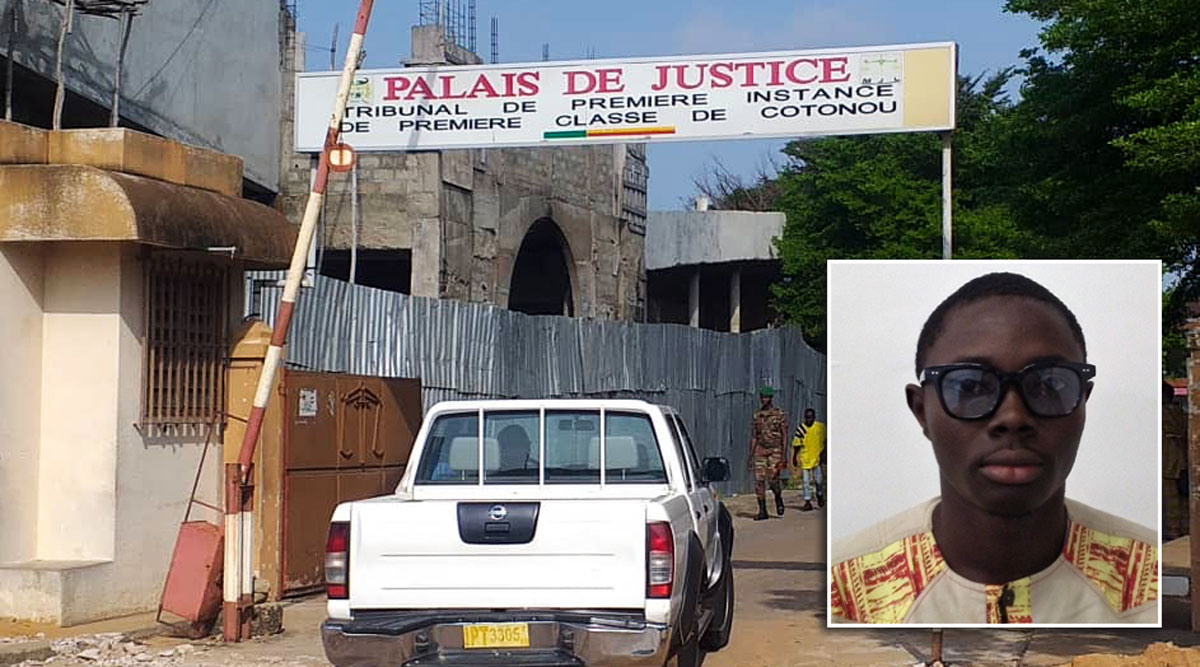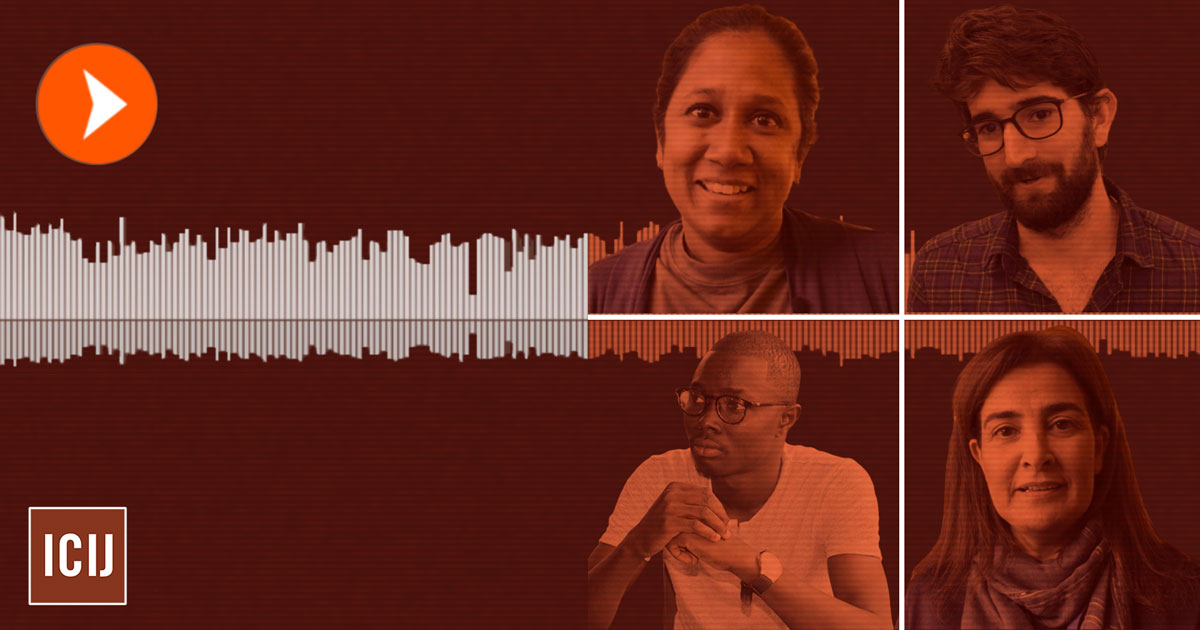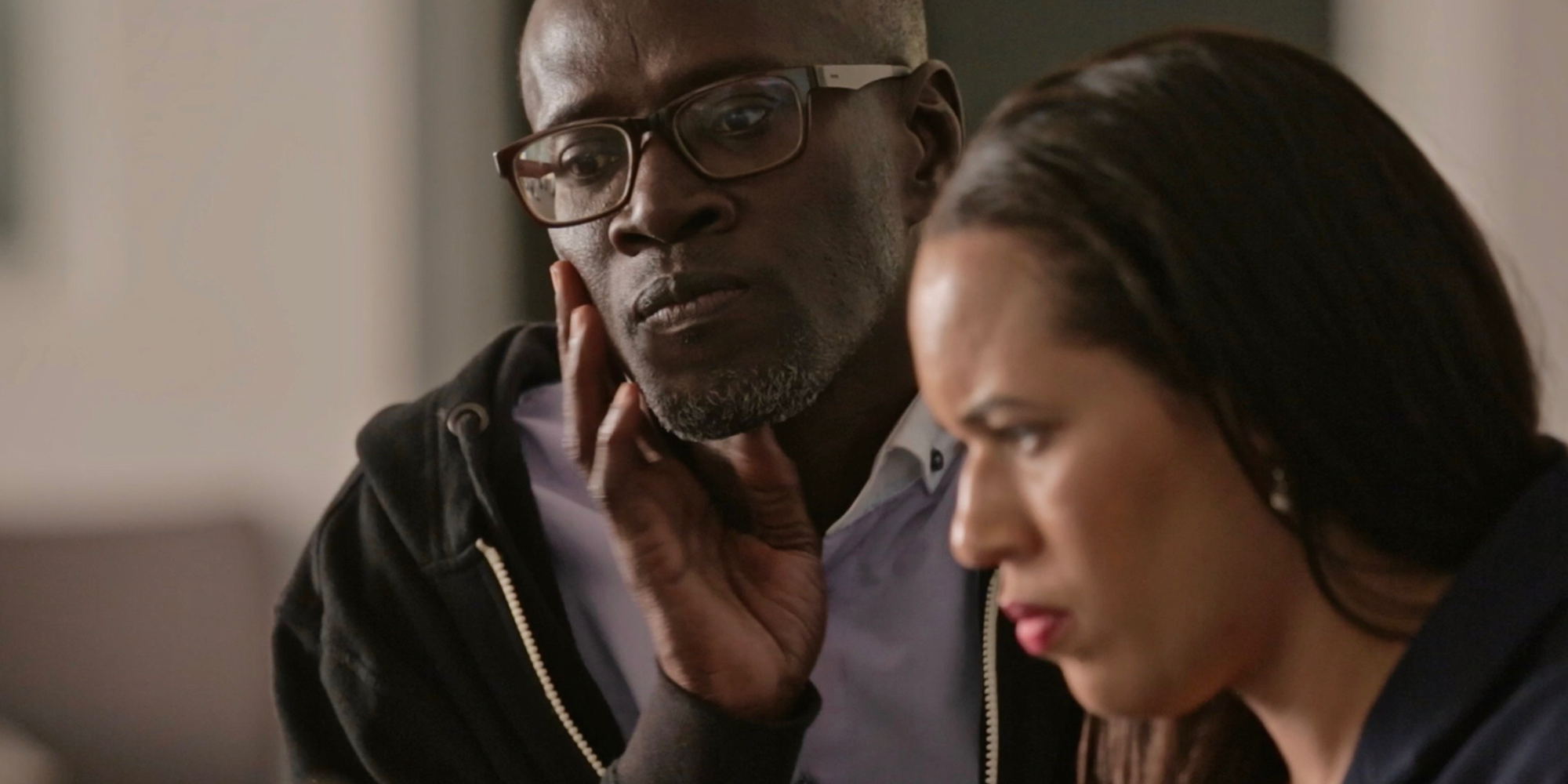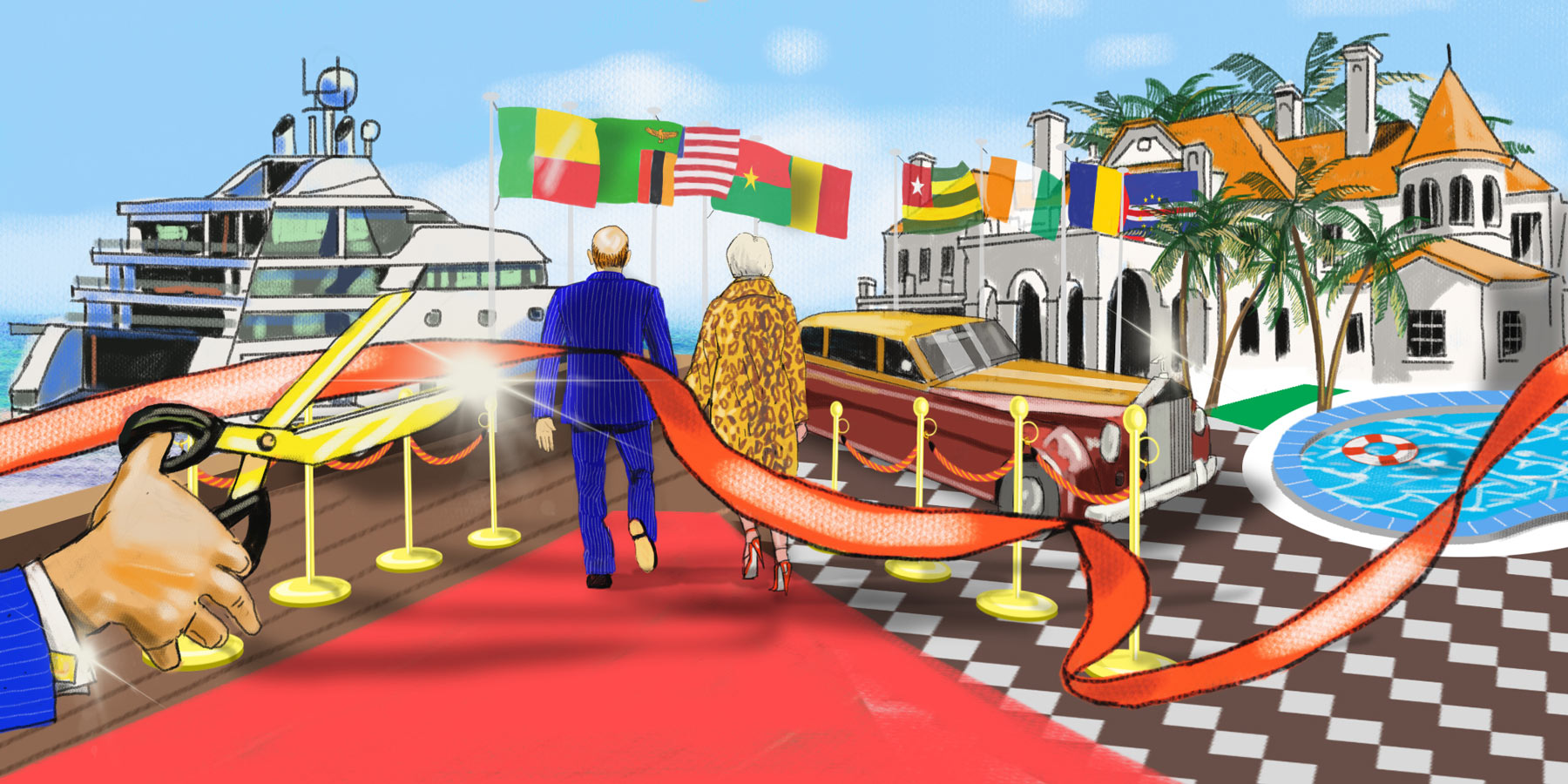Benin investigative journalist Ignace Sossou was arrested and jailed in violation of international laws, a United Nations body has found.
The U.N. Working Group of Arbitrary Detention, which investigates cases of wrongful detention, released its decision this month following a complaint by Sossou’s lawyers. The working group called on the government of Benin to compensate Sossou, 31.
Sossou was arrested in December 2019 after a government prosecutor, Mario Mètonou, complained that the journalist had posted incorrect and defamatory posts on Twitter and Facebook during a speech given by the official. Recordings of the speech show that Sossou correctly relayed Mètonou’s comments. After a speedy trial, Sossou was sentenced to 18 months in prison. An appeal court reduced the term to six months and imposed a $800 fine – ten times the average monthly salary of a Benin journalist. Sossou was released in June.
Sossou, a reporter with BeninWebTV, has worked with the International Consortium of Investigative Journalists on cross-border investigations, including the Panama Papers and West Africa Leaks. As part of the latter project, Sossou revealed that Jean-Luc Tchifteyan, who runs one of Benin’s largest supermarkets, owned a Panama shell company with a Swiss bank account to receive $150,000 a year in commissions from suppliers. Reporters from ICIJ and across Africa visited Sossou in prison during reporting for the FinCEN Files investigation.
“This decision is a strong message to all those who courageously work in the service of freedom of expression,” three of Sossou’s lawyers, Henri Thulliez, William Bourdon and Elise le Gall, said in a written statement. “Mr. Sossou’s case must set a precedent. No responsible journalist should find himself arbitrarily imprisoned. No public authority should keep a journalist in detention with impunity.”
Thulliez and Bourdon are director and chair, respectively, of the Platform to Protect Whistleblowers in Africa, which provided documents to ICIJ that formed the basis of the Luanda Leaks investigation.
In its decision, which is not legally binding, the U.N. working group criticized the government of Benin, police and judges for a litany of violations of international human rights agreements. The government of Benin did not reply to the working group’s requests for comments.
“It seems difficult to justify how such detention could be proportionate and necessary, especially since Mr Sossou was simply exercising his profession as a journalist,” the working group said in its decision.
Police never presented Sossou with an arrest warrant, denied him prompt access to a lawyer, and did not give his lawyer enough time to prepare the case, the group said. His trial ended four days after his arrest and the first judgment was harsher than that requested by the prosecution.
“The criminal procedure in this case seems to have been conducted with excessive haste,” the working group said. With doubts about the independence of Benin’s judiciary, the working group said it would refer the case to a U.N. specialist who investigates judges and lawyers.
The government of Benin did not reply to ICIJ’s request for comment. Mètonou, the prosecutor, previously told ICIJ that he did not wish to comment. Sossou was convicted under Benin’s digital media law, which the working group criticized as “lacking clarity” and able to “be used to punish the free exercise of human rights.”



